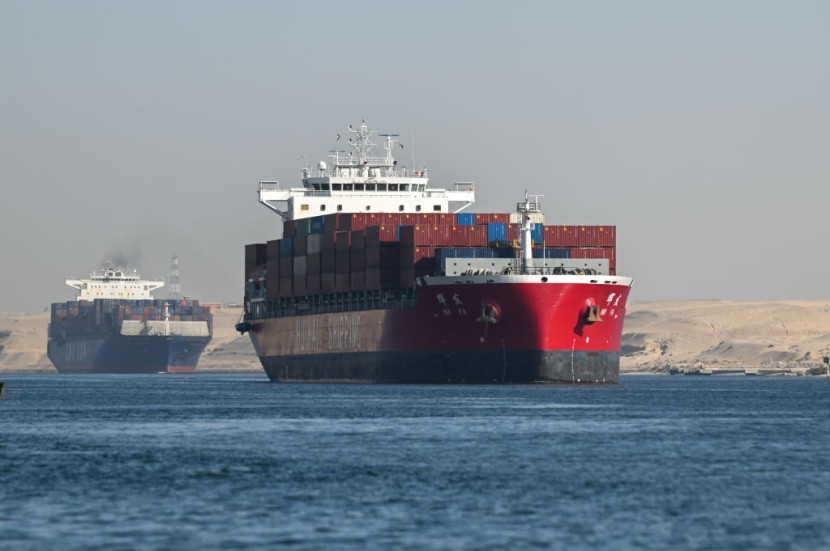Iran's Islamic Revolutionary Guards Corps (IRGC) and Hezbollah commanders have reportedly been actively supporting Houthi attacks in Yemen.

Reuters reported that Iran's Islamic Revolutionary Guards Corps (IRGC) and Hezbollah commanders are actively present in Yemen, providing guidance and supervision for Houthi assaults on Red Sea shipping, as four regional and two Iranian sources revealed. Reuters also stated that Iran has armed, trained and funded the Houthis and intensified its weapons supplies following the Gaza conflict initiated by Iranian-backed militants Hamas.
Tehran has reportedly supplied the Houthis with advanced drones, anti-ship cruise missiles, precision-strike ballistic missiles, and medium-range missiles, with IRGC commanders and advisers offering know-how, data, and intelligence support to identify vessels destined for Israel, as shared by Reuters.
Washington's assertion, conveyed by Reuters last month, emphasized Iran's deep involvement in planning operations against shipping in the Red Sea, providing critical intelligence for Houthi attacks. Despite Iran's denial, the White House, in response to a Reuters request for comment, referred to previous statements about Iranian support for the Houthis.
What Is The Official Position?
Reuters affirmed that Houthi spokesperson Mohammed Abdulsalam denied Iranian or Hezbollah involvement, while a Hezbollah spokesperson did not respond to a request for comment. The Houthis claim to support Hamas by targeting ships linked to Israel, affecting global shipping through the Bab al-Mandab strait, triggering U.S. and British airstrikes on Houthi targets, as described by Reuters.
"The Revolutionary Guards have been helping the Houthis with military training (on advanced weapons)," an Iranian insider informed Reuters, revealing the direct involvement of Iranian commanders who set up a command center in Yemen. The insider went on to disclose that "a group of Houthi fighters were in Iran last month and were trained in an IRGC base in central Iran to get familiar with the new technology and the use of missiles." Reuters noted that the Red Sea attacks align with Iran's strategy to expand and mobilize its regional Shi'ite network, showcasing influence and threatening maritime security.
"The Houthis are not acting independently," stated Abdulaziz al-Sager, director of the Gulf Research Center think-tank, as revealed by Reuters. White House national security spokeswoman Adrienne Watson also confirmed Iranian-provided tactical intelligence, chronicled by Reuters, as instrumental for Houthi attacks.
Iran's "Axis of Resistance" in the Middle East, which includes the Houthis, has faced accusations of arming, training, and financing from Washington and Gulf Arab states. Despite Iran's denial of a direct role in the Red Sea attacks, Reuters disclosed that Supreme Leader Ali Khamenei praised the Houthis, expressing hope that their strikes would last "until victory."
Reuters recounted that a leader within the coalition of pro-Iranian groups denied current IRGC or Hezbollah commanders' presence in Yemen. However, Reuters revealed a history of Iranian and Hezbollah military experts providing training and building military capabilities for the Houthis.
© 2026 HNGN, All rights reserved. Do not reproduce without permission.









